Learn about the different types of clouds and their position within the atmosphere with this printable poster.
What Are the Different Types of Clouds?
Is this a question your students have been asking you in your science class? You may have some students who love to look at the sky and observe the different clouds they see.
Clouds can be divided into 3 major groups: low-level, mid-level and high-level. These clouds are classified by their height in the atmosphere. Let’s take a look at some of the different cloud types your students may learn.
- Cirrus – These are high, wispy clouds made of ice crystals that form at high altitudes.
- Cirrocumulus – This type of cloud appears as small, rounded, white puffs that appear in rows at high altitudes.
- Altostratus – A grey or blue-grey cloud layer that covers much of the sky at mid-level altitudes.
- Stratocumulus – Low-level clouds that appear as rounded masses or rolls with a grey or white appearance.
- Stratus – Low-level, flat, and featureless clouds, often covering the entire sky with a grey or white appearance.
- Cumulus – Puffy, white clouds with a flat base and a rounded top that form at low to middle altitudes.
- Cumulonimbus – Large, towering clouds that produce thunderstorms and can reach high into the atmosphere.
- Nimbostratus – Dark, grey, low-level clouds that often produce rain or snow.
How to Make the Most of Your Types of Clouds Chart
Teach Starter has created a printable poster that you can use with your students when discussing the different types of clouds and where they occur in the atmosphere.
- Print the poster and display it in your classroom for students to reference when doing independent work.
- Print the poster, slip it into a clear sleeve, and use it in your guided groups as a reminder.
- Print the poster, slide it into a clear sleeve, and hang it on a ring as a reference tool for a learning center.
We’ve also come up with bonus ways to turn posters into interactive tools that really make your lessons stick!
📂 Place copies in students’ homework folders for reference.
🧠 Test students’ memories by showing them the poster, then hiding it and having them tell you what they remember.
✅ Incorporate posters into your lesson wrap-up: students write on a sticky note what they learned from the lesson and place it on the poster.
Before You Download
This resource prints as a full-colour PDF.
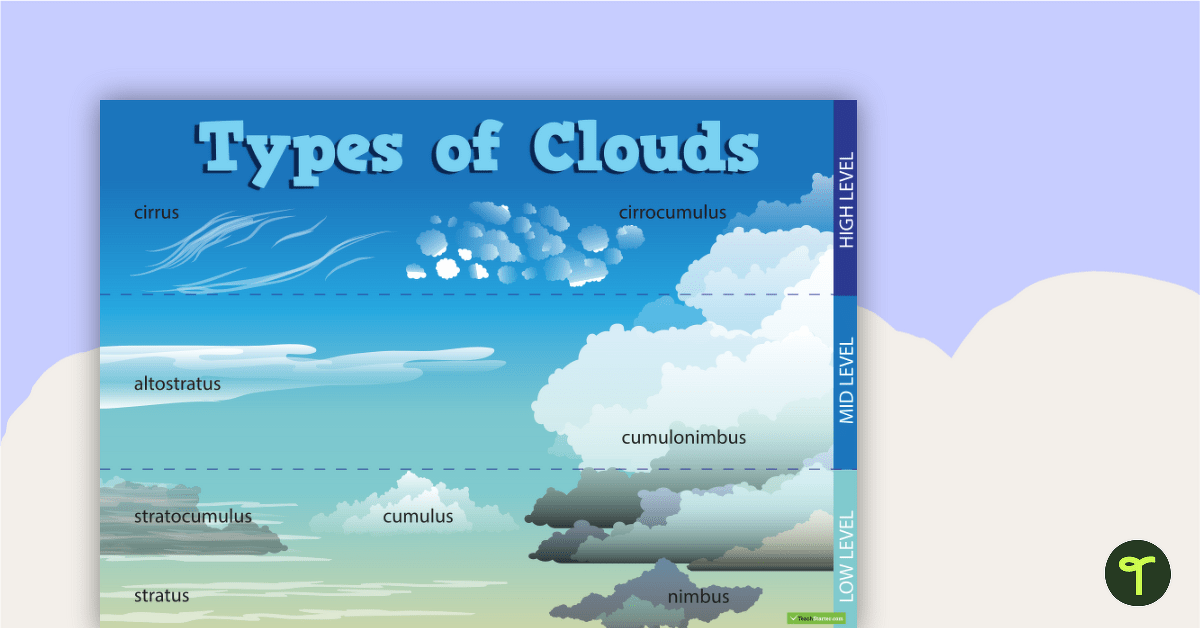

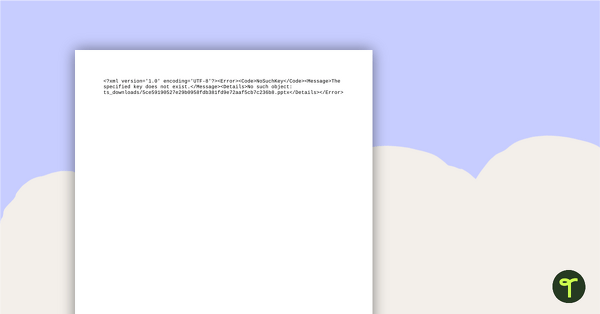
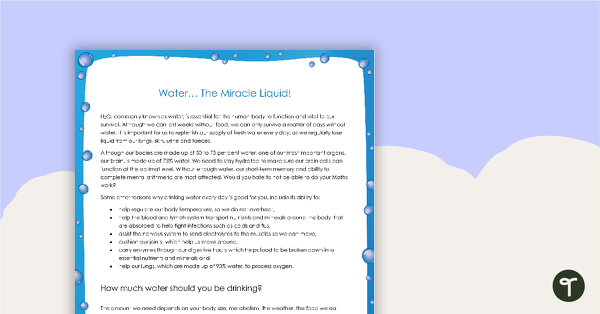
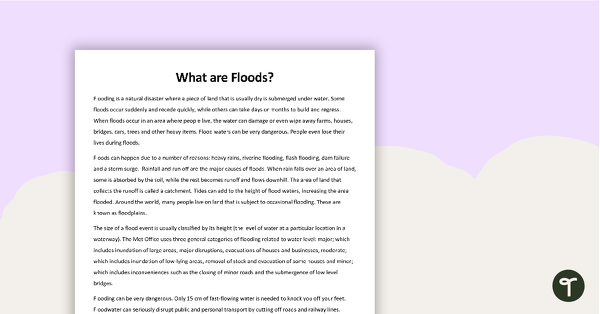
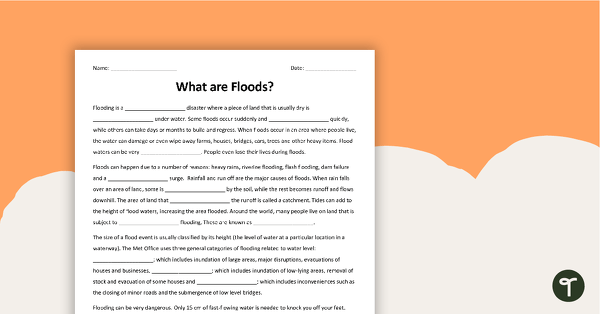
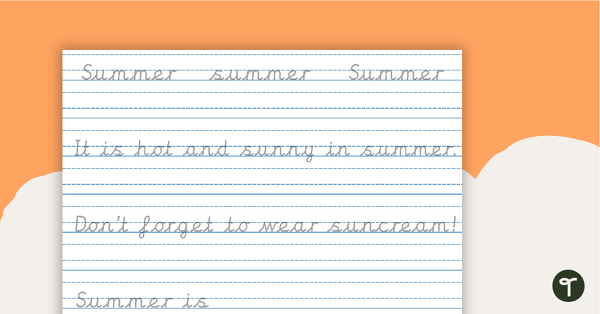
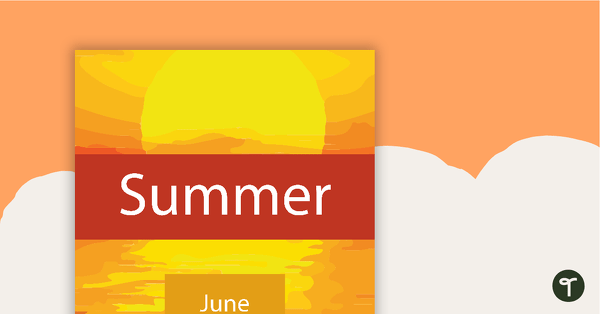
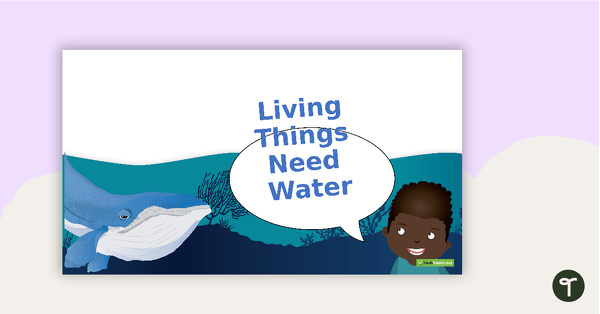
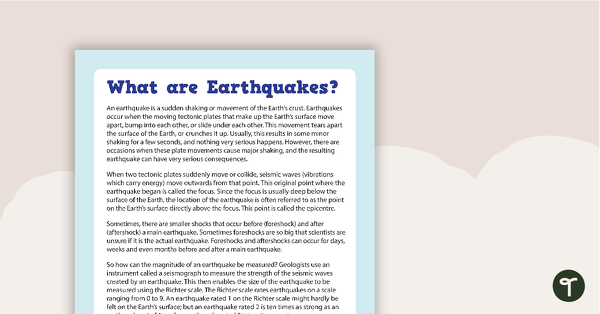
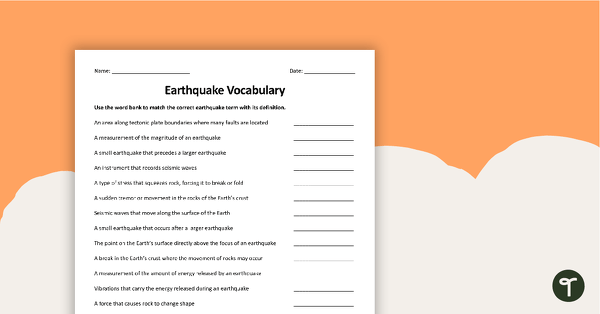
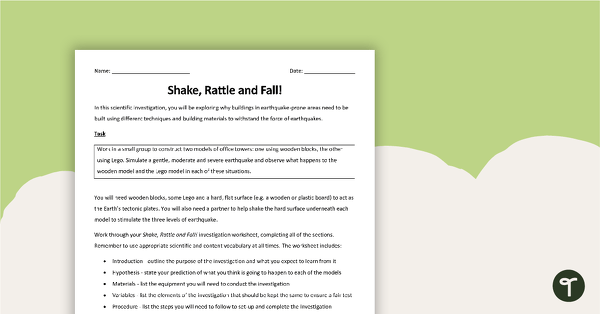
0 Comments
Write a review to help other teachers and parents like yourself. If you'd like to request a change to this resource, or report an error, select the corresponding tab above.